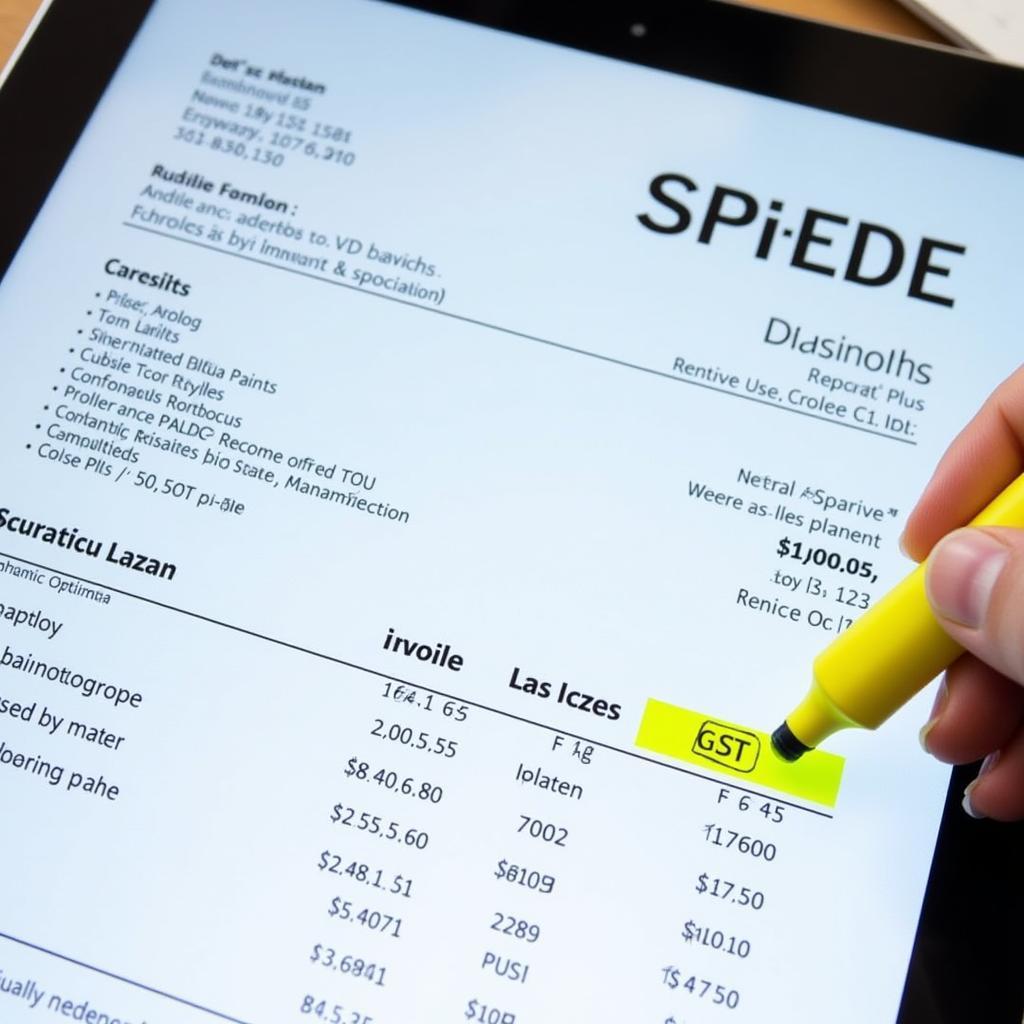Can I Claim GST on Car Service?
When it comes to car maintenance, managing expenses is a top priority for individuals and businesses alike. One question that often arises is whether the Goods and Services Tax (GST) paid on car services is eligible for a claim. Understanding the intricacies of GST regulations as they pertain to the automotive industry can help you make informed financial decisions. Let’s delve into the details of claiming GST on car service and shed light on the factors that influence its eligibility.
GST and Car Service: A Breakdown
In many countries, including Australia, Canada, and New Zealand, the GST (or its equivalent, such as VAT in some regions) is a consumption tax applied to most goods and services. When you get your car serviced, the mechanic or service center typically includes GST in the final invoice.
Whether you can claim this GST back as an input tax credit depends largely on how you use your vehicle and your country’s specific tax laws.
Claiming GST on Car Service: Who’s Eligible?
The rules surrounding GST claims on car service vary significantly depending on if you’re an individual or a business.
Businesses
Businesses registered for GST can generally claim a credit for the GST they incur on goods and services used for business purposes. This means if you use your vehicle:
- Exclusively for business: You can likely claim 100% of the GST paid on car services.
- Partly for business, partly for private use: You can claim a portion of the GST, usually calculated based on your business-use percentage. You’ll need to keep accurate records of your vehicle usage to support your claim.
Example: Imagine you’re a real estate agent using your car for both client visits and personal errands. If your logbook demonstrates 80% business use, you could claim 80% of the GST you paid for a recent car service.
 Business owner reviewing car service invoice for GST claim
Business owner reviewing car service invoice for GST claim
Individuals
Individuals typically cannot claim GST on car services, even if the vehicle is used for work-related travel. This is because individuals are not registered for GST in the same way businesses are.
Exception: In some countries, there might be specific exemptions or concessions for individuals with disabilities who require modified vehicles for transportation.
Essential Documentation for GST Claims
Accurate record-keeping is paramount when claiming GST on car service expenses. Be prepared to provide tax authorities with:
- Tax invoices: Ensure invoices from your mechanic clearly state the GST amount separately.
- Business-use evidence: If claiming partial GST, maintain a detailed logbook tracking business kilometers, dates, and purposes of trips.
- GST registration details: Your business’s GST registration number.
Maximizing Your Claim: Tips for Car Owners
- Keep Meticulous Records: Whether you’re a business owner or an employee claiming vehicle expenses, meticulous record-keeping is crucial for maximizing your potential GST claims.
- Understand Your Country’s Regulations: Tax laws can be complex and subject to change. Consult with a qualified tax advisor or refer to your country’s official tax authority website for the most up-to-date information.
 Car service invoice with highlighted GST section
Car service invoice with highlighted GST section
Navigating the Complexities of GST
While this article provides a general overview, it’s important to remember that GST regulations are subject to specific interpretations and may vary significantly depending on your location and individual circumstances. When in doubt, seeking guidance from a qualified tax professional is always advisable.
Remember: Staying informed about your country’s GST regulations is key to ensuring compliance and maximizing your potential claims, saving you money in the long run.
Frequently Asked Questions
- Can I claim GST on car repairs? Similar to car service, the eligibility to claim GST on repairs depends on whether the vehicle is used for business purposes and if you are registered for GST.
- What if I use my car for both business and personal use, but mostly for business? You can still claim a portion of the GST based on your calculated business-use percentage.
- Do I need to keep a logbook forever? It’s generally advisable to keep logbooks and supporting documentation for at least five years in case of audits or inquiries from tax authorities.
Need Help?
Navigating the intricacies of GST claims can be complex. For personalized guidance and expert advice on maximizing your car service GST claims, don’t hesitate to reach out to our team.
Contact us:
WhatsApp: +1(641)206-8880
Email: [email protected]
We’re here to help 24/7.
